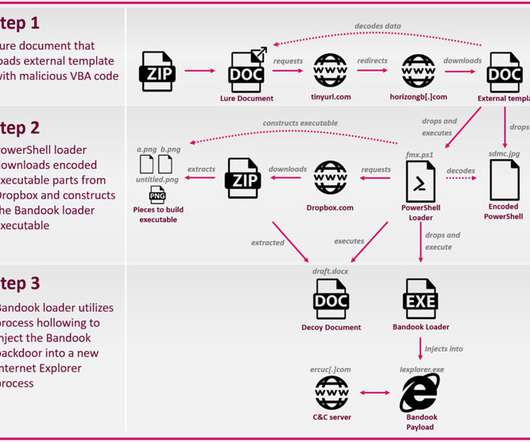NEW TECH: DataLocker introduces encrypted flash drive — with key pad
The Last Watchdog
JULY 30, 2018
One sliver of the $90 billion, or so, companies are expected to spend this year on cybersecurity products and services is an estimated $85 million they will shell out for encrypted flash drives. Co-founder Jay took a business trip to South Korea in the fall of 2007. Related: How DataLocker got its start h. Park: Exactly.













Let's personalize your content